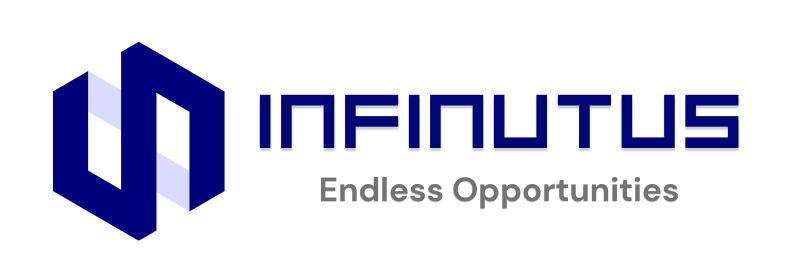
What Is Remarketing In Google Ads: A Complete Guide
In today’s digital age, advertising has evolved significantly, and Google Ads remains at the forefront of this evolution. Among the plethora of tools and features Google Ads offers, remarketing stands out as a powerful strategy for reaching potential customers who have previously interacted with your website or app. But what exactly is remarketing in Google Ads?




